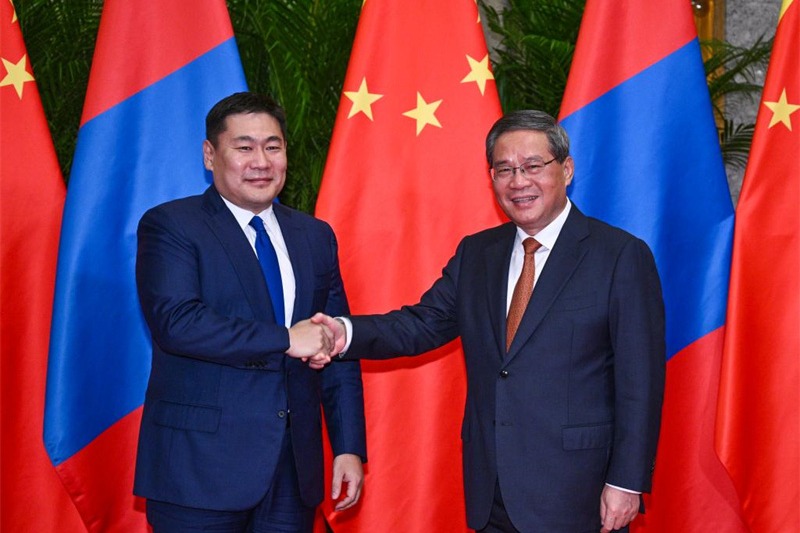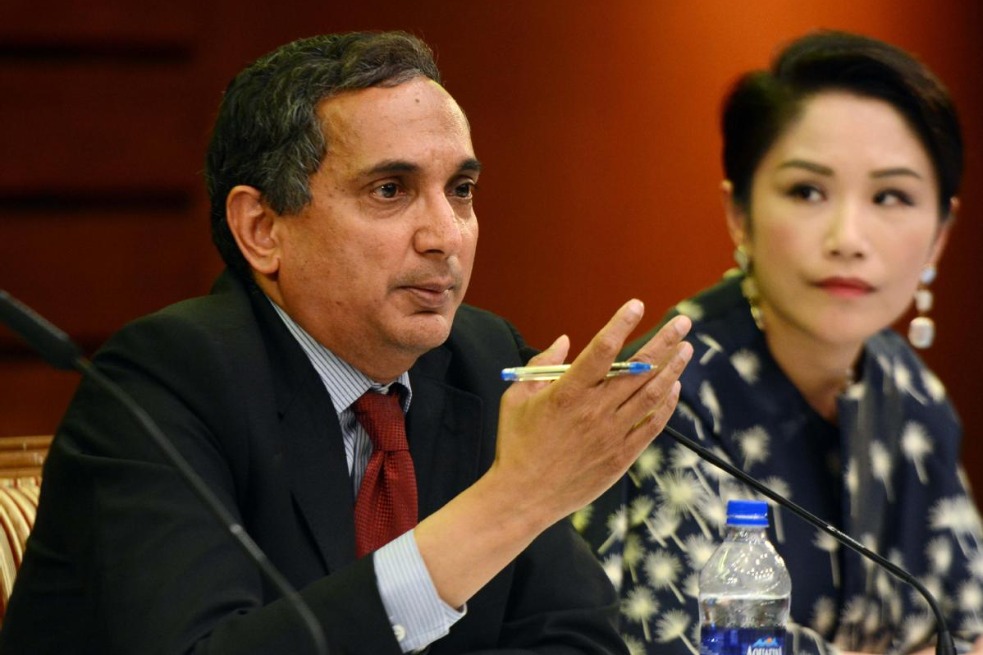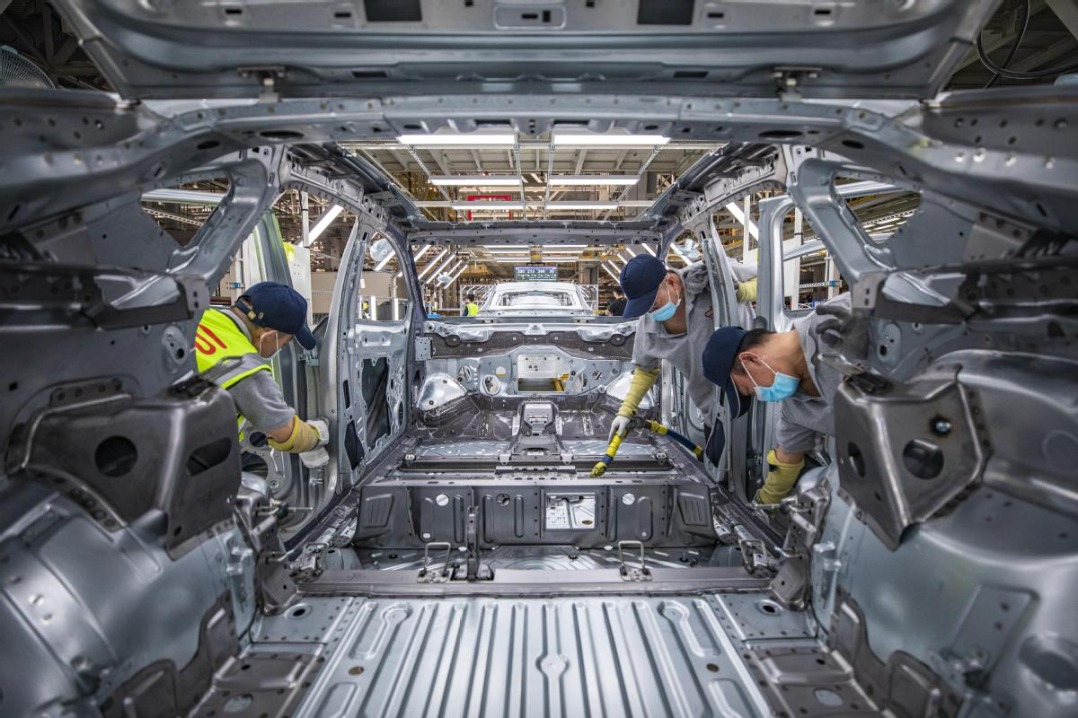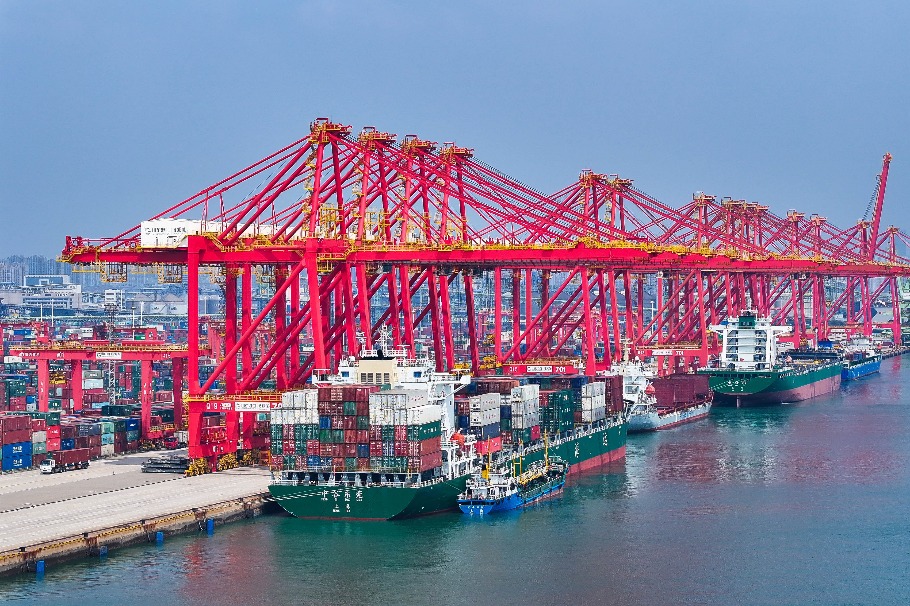Battery players spend big to ensure supply

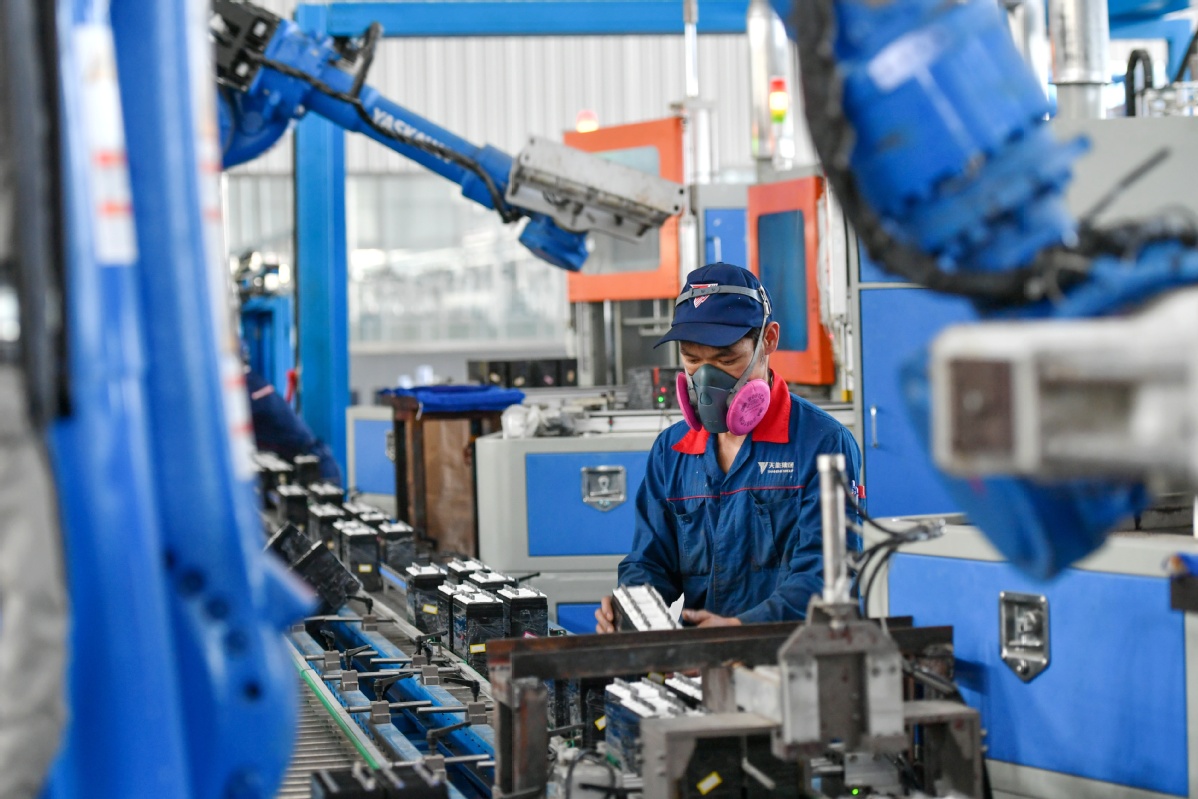
Domestic manufacturers up efforts to further tap soaring demand of NEVs
China's battery material producer Zhejiang Huayou Cobalt Co Ltd said on Wednesday it will acquire a lithium mining company in Zimbabwe for $422 million, marking another foray into overseas battery mineral resources by Chinese companies that are shoring up supplies to meet surging demand from the new energy vehicle market.
The company said it will acquire an 87 percent share in Prospect Lithium Zimbabwe Ltd at a price of $378 million from Singapore-based Prospect Minerals Pte Ltd, a subsidiary of Australia-listed Prospect Resources Ltd, and pay $44.2 million for the remaining 13 percent to the other two stakeholders.
Prospect Lithium Zimbabwe owns Arcadia, a Zimbabwean lithium mine reportedly having reserves of 1.24 million metric tons of lithium carbonate equivalent as of October.
Lithium carbonate's main industrial use is to produce rechargeable batteries for NEVs. The material's price had climbed 238.3 percent since the beginning of this year to Nov 19, said a report by S&P Global Platts, a provider of information, benchmark prices and analytics for the energy and commodities markets.
"The price surge was a result of the overall increase in commodity prices and also a result of tight supplies and growing demand for battery materials spurred by surging need of NEVs. This has propelled an investment frenzy in overseas mines from lithium companies and battery manufacturers," said Lin Boqiang, head of the China Institute for Studies in Energy Policy at Xiamen University in Fujian province.
Lithium resources in China, though abundant, mainly exist in salt lakes and require complicated processes to extract. As a result, lithium carbonate and other lithium salts are highly dependent on imports.
To better control costs of raw materials, many Chinese lithium companies and battery manufacturers choose to directly acquire lithium mines overseas.
The S&P Global Platts report said China's lithium industry has seen soaring demand from NEVs as the country focuses on achieving its carbon goals.
China's NEV production and sales in the first 11 months reached 3.02 million and 2.99 million units, up about 167.4 percent and 166.8 percent year-on-year, respectively, said the China Association of Automobile Manufacturers.
Huayou Cobalt is not the only company actively expanding its global footprint to secure material supplies. China's lithium giant Ganfeng Lithium Co, located in Jiangxi province, announced in June the acquisition of 50 percent of shares of Netherlands-based SPV Co, whose subsidiary Lithium du Mali SA owns a spodumene project called Goulamina in Mali, Africa. Spodumene is a lithium-bearing mineral.
Ganfeng Lithium's acquisition followed the purchase of several lithium projects inside and outside the country. In May, the company's subsidiary in Shanghai announced it would buy the London-listed mining company Bacanora Lithium, whose major asset is a lithium clay project called Sonora in Mexico. It is one of the world's largest lithium projects with an estimated reserve of 8.82 million tons of lithium carbonate equivalents.
In March, Ganfeng Lithium and its subsidiary in Qinghai province announced the acquisition of investment and consulting company Ili Hongda, located in the Xinjiang Uygur autonomous region and is a stakeholder in a lithium project in Qaidam Basin.
Companies including Zijin Mining and Chengxin Lithium were also reported to have stepped up investment in global lithium mining assets.
A report by Cinda Securities said downstream companies are starting to stock up materials for ternary lithium batteries and lithium iron phosphate batteries as it is close to the end of the year. This will likely further drive up lithium demand and prices.






















